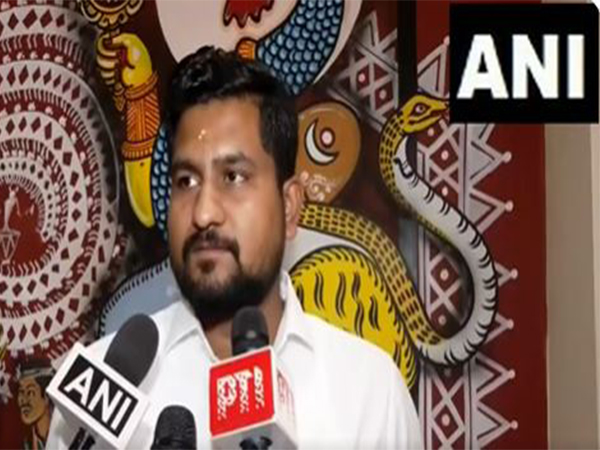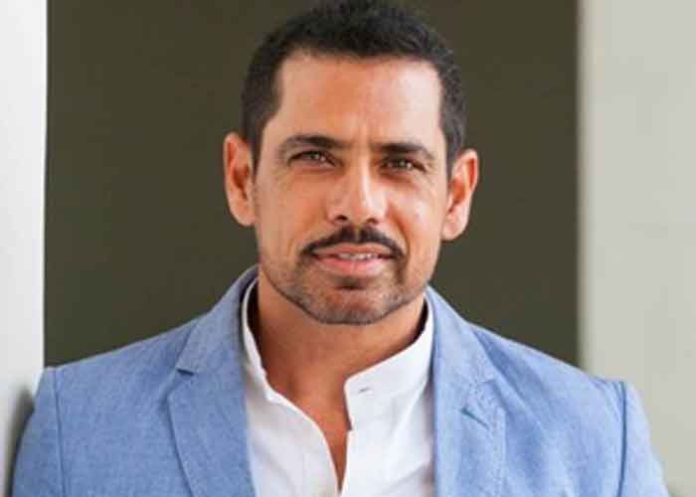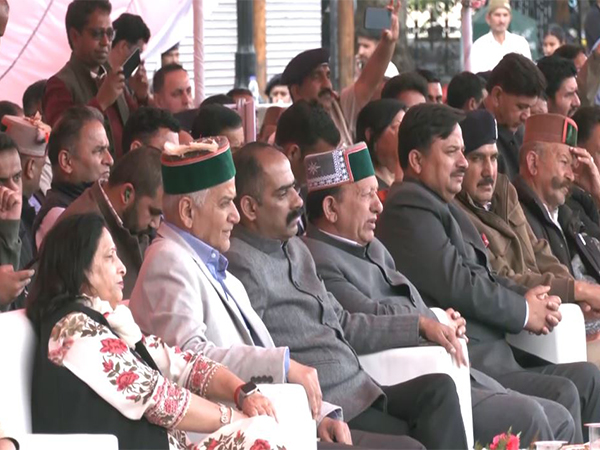In a landmark move, the Odisha government has enacted the Odisha University (Amendment) Act, 2024, reinstating autonomy to universities in the state. Higher Education Minister Suryabanshi Suraj highlighted this expansion of academic freedom, facilitating collaborations with international entities for a progressive educational environment. The previous BJD regime had centralized control, leading to widespread demands for change.
Significant reforms include ending the dependence on the Odisha Public Service Commission for faculty recruitment. Each university now has the latitude to form its committee to hire teachers, expediting the process while ensuring qualified candidates. The procedure for selecting Vice-Chancellors also evolved, with a seasoned three-member panel taking charge.

The age cap for this position has been raised to 70, offering seasoned leaders more opportunity. Moreover, the Senate's reintroduction stands as a vital advisory body with a diversified membership guiding critical university decisions. Efforts to improve the teacher-student ratio, promote distance education, and enhance the Gross Enrollment Ratio further state a commitment towards a robust education framework.
Meanwhile, 200 meritorious but underprivileged students will receive comprehensive UPSC coaching, reinforcing the state's dedication to accessible education. (With inputs from agencies.).
Odisha Empowers Universities with Sweeping Reforms for Autonomy and Progress

Odisha Empowers Universities with Sweeping Reforms for Autonomy and Progress In a landmark move, the Odisha government has enacted the Odisha University (Amendment) Act, 2024, reinstating autonomy to universities in the state. Higher Education Minister Suryabanshi Suraj highlighted this expansion of academic freedom, facilitating collaborations with international entities for a progressive educational environment. The previous BJD regime had centralized control, leading to widespread demands for change.Significant reforms include ending the dependence on the Odisha Public Service Commission for faculty recruitment. Each university now has the latitude to form its committee to hire teachers, expediting the process while ensuring qualified candidates. The procedure for selecting Vice-Chancellors also evolved, with a seasoned three-member panel taking charge. The age cap for this position has been raised to 70, offering seasoned leaders more opportunity.Moreover, the Senate's reintroduction stands as a vital advisory body with a diversified membership guiding critical university decisions. Efforts to improve the teacher-student ratio, promote distance education, and enhance the Gross Enrollment Ratio further state a commitment towards a robust education framework. Meanwhile, 200 meritorious but underprivileged students will receive comprehensive UPSC coaching, reinforcing the state's dedication to accessible education.











